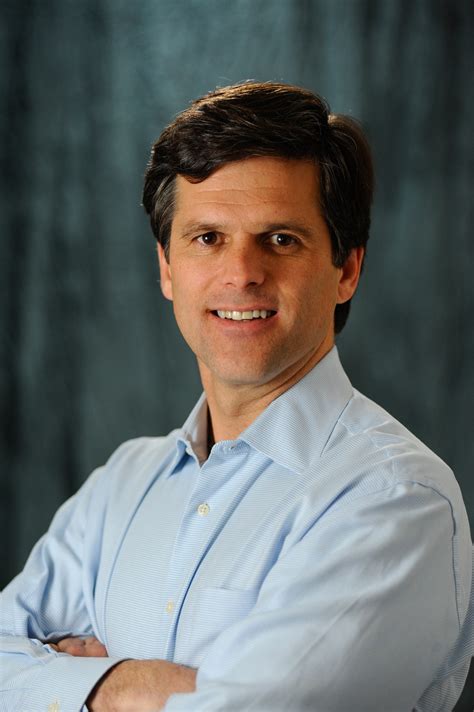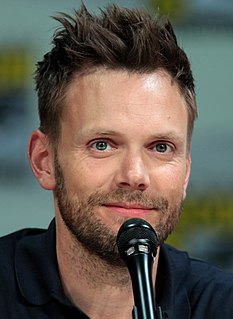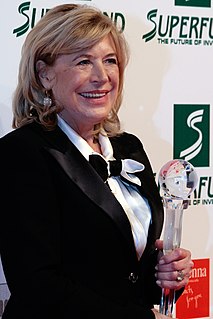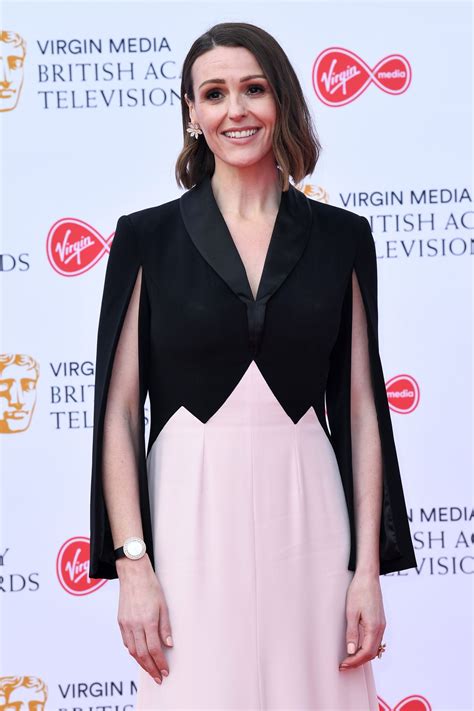A Quote by Anne Wojcicki
Did you know that there was a study in 1961 that found that 90 percent of physicians wouldn't tell you if you were diagnosed with cancer?
Related Quotes
We can't have close to 90 percent of those prenatally diagnosed with an intellectual disability being aborted; 90 percent not going to school; more than 90 percent reporting discrimination in the healthcare system; and 90 percent unemployed, and tell ourselves that we're doing a good job. The obstacles to leading a full life for the vast majority of people with intellectual disabilities are far beyond what they should be, and far beyond what we should tolerate. So yeah, I want change.
If you have a patient in a doctor's office who's just been told they have terminal cancer but there's this operation they could perform right now that might save their lives. ... They have a 90 percent chance of surviving the operation — if you tell them that, they respond one way. If you tell them ... that they have a 10 percent chance of being killed by the operation, they are about three times less likely to have the operation.
To be diagnosed with cancer was a frightening thing, and my first reaction was sheer panic, but I was really fortunate that the cancer was caught at such an early stage that I didn't need chemo or radiotherapy. But I know that cancer is a chronic condition, and once you've had it, you're on the list, because it can come back.




































